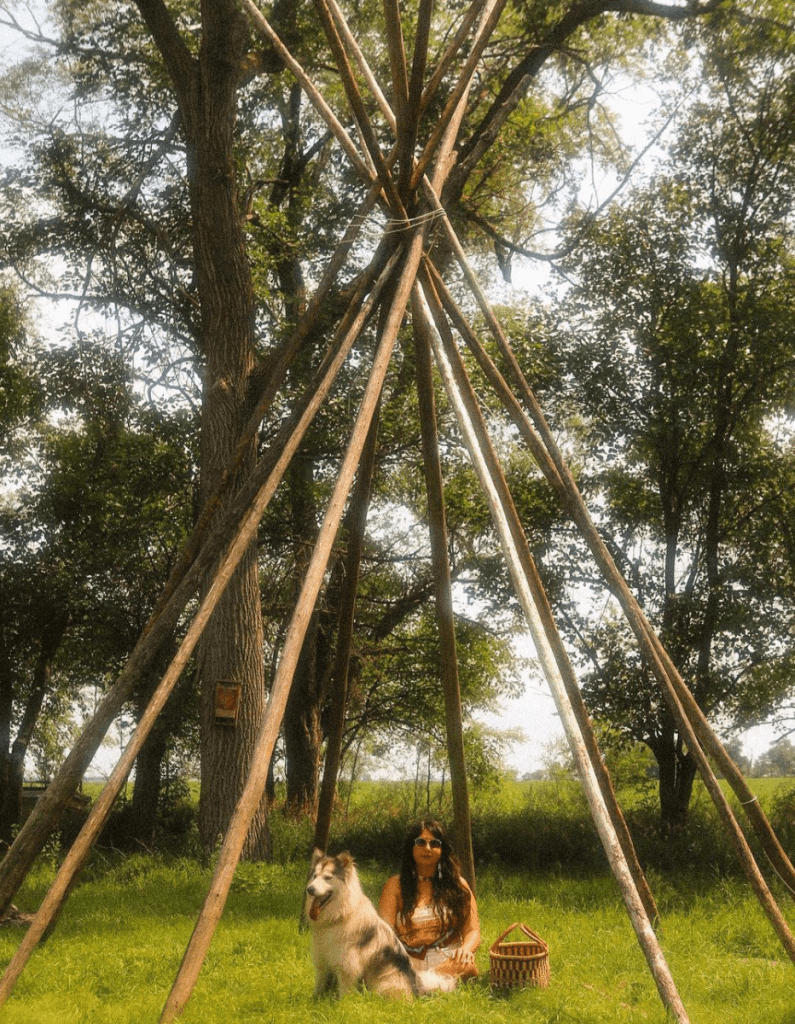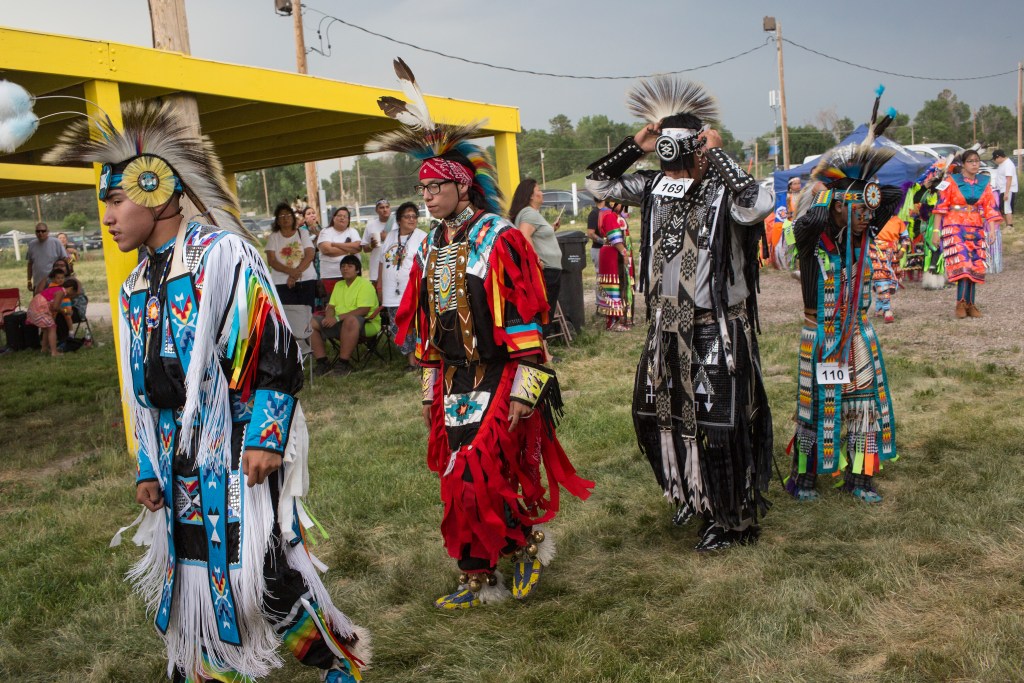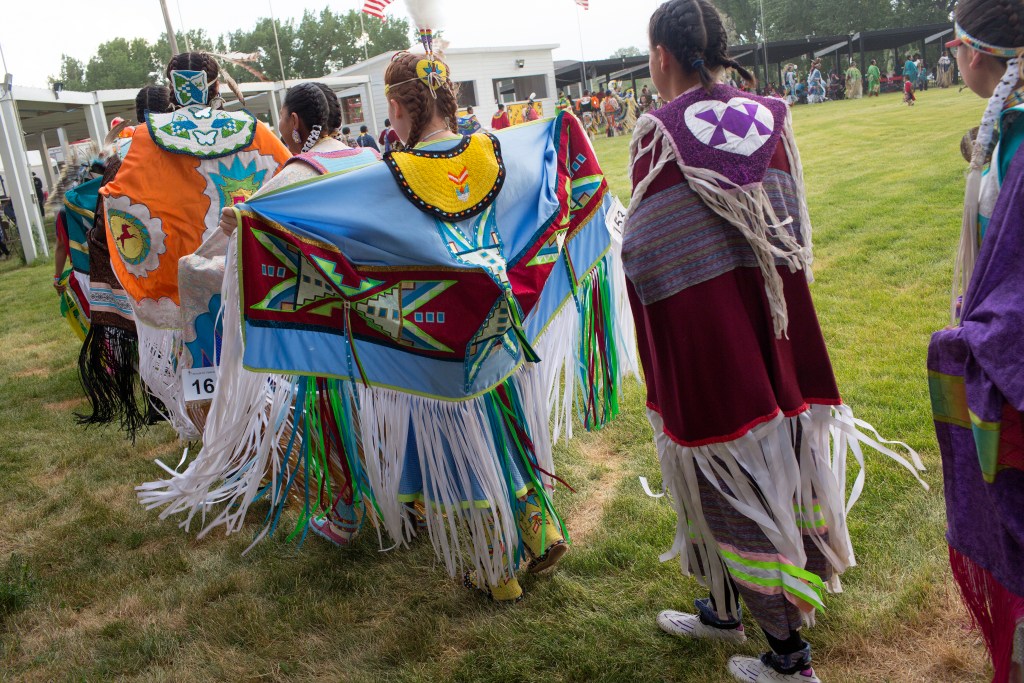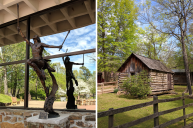Land acknowledgment is the conscious and intentional act of recognizing the Indigenous Peoples' land you are currently residing on or talking about, visiting, or recreating. When writing or talking about places, it is imperative to be mindful of the Native land and traditional territories we use within our words and discussions.
A land acknowledgment is a start in recognizing Indigenous communities and their ongoing fight to spread awareness, knowledge, and combat colonialism that has taken place since settlers came to the west. As non-natives, when we verbalize with the original Native communities whose land was forcibly occupied and their deep and ongoing battle of resilience and strength, we attempt to empathize with the Indigenous trauma many have experienced.
How to Make a Land Acknowledgement

Photo courtesy Wynne Weddell
While Land Acknowledgement may not seem like much, and most of the time can come off as simply performative, it is an all-important place to start. The key is to be intentional and meaningful in your Indigenous land acknowledgments. With unique tools and resources such as social media, it has never been easier to learn about the land you are on.
Run and operated by Indigenous Peoples with an Indigenous Executive Director and Board of Directors, Native-land.ca is a Canadian non-profit that has created an incredible interactive map for people to use to learn the history of the land they occupy. Although land acknowledgments will not lead to reparations, financial support, and justice for Native Americans and Indigenous communities, it is a start. It shows that the tides are slowly changing when it comes to land ignorance and injustices. The Native Governance Center (nativegov.org) says this:
"We need to share in Indigenous peoples' discomfort. They've been uncomfortable for a long time. Dr. Kate Beane (Flandreau Santee Dakota and Muskogee Creek) says: We have to try. Starting out with good intentions and a good heart is what matters most."
Beyond Territorial Acknowledgements

(Photo by Andrew Lichtenstein/Corbis via Getty Images)
RELATED: Ultimate Road Trip Guide: Las Vegas to Zion National Park
When acknowledging Native peoples and Native communities' land, it is essential not to use erasure language. Erasure means "an act of erasing something," which is common in today's history books on social media when discussing a place or making a territory acknowledgment. Never speak or write about Native tribes in the past tense, as this lets off the message that they are no longer there, which is entirely untrue.
The long-standing history of Indigenous nations is alive and well today. To build and keep authentic relationships with Native communities, it is necessary to never speak about them in the past tense and reach out to local tribes and communities to uphold the ongoing process to give them the respect and recognition they deserve.
Call To Actions

(Photo by Andrew Lichtenstein/Corbis via Getty Images)
Indigenous land acknowledgments, ways that non-Indigenous people can become involved in the movement to spread awareness and action, include:
- connecting and donating to local tribes of the lands that you frequent
- learning and educating yourself about American Indian history
- understanding how colonialism and erasure may be embedded in your upbringing and history lessons
- discussing Indigenous protocol and encouraging your friends and family to do the same
- donating to causes and supporting political action for more Native involvement in policy, land, and environmental realms
- attending public events surrounding Indigenous rights
The California Indian Culture and Sovereignty Center and CSUSM created a tool book to educate people on the subject of land acknowledgments, making formal statements that are NOT performative, and the ever-evolving and enduring relationship with enduring relationships. More information can also be found here.
Another people-powered organization dedicated to inciting creativity to shape a culture of empathy, equity, and belonging is the U.S. Department of Arts and Culture (USDAC).
"A land acknowledgment is performative by definition- its power lies in the action it motivates." - Charlie Marks.




